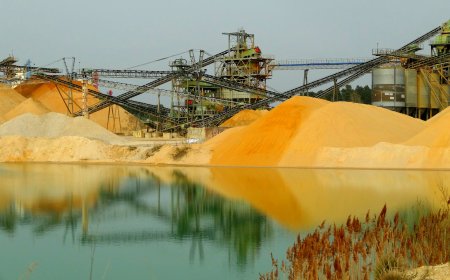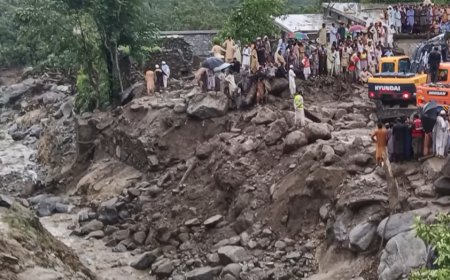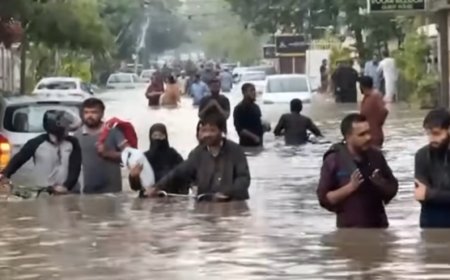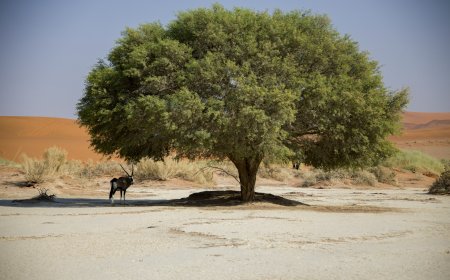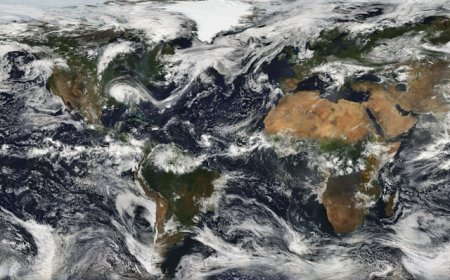Why Summers Are Getting Hotter Every Year | Climate Change Explained
Understand why global summers are becoming hotter each year. Explore the science behind rising temperatures, climate change, greenhouse gases, and the impact of human activities on Earth’s climate system.

The scorching summer heat has become more intense in recent years. It is more widespread and relentless. It is all due to weather patterns. One of the major weather patterns is global warming. The yearly rise in Earth's average temperature primarily due to human activities like the burning of fossil fuels, coal, oil and gas. These activities release greenhouse gases such as carbon dioxide, methane and nitrous oxide. These gases trap heat in the atmosphere.
According to NASA, the Earth’s surface avarage temperature has risen by approximately 1.2°C since the late 19th century. Even slight increase in temperature can lead to dramatic shifts in weather systems. The year 2023 ranked as the hottest year ever recorded globally. In Europe, the summer of 2022 saw temperatures reach 40°C in the UK for the first time in history. In Pakistan and India, the pre-monsoon season of 2022 experienced prolonged temperatures above 45°C.
Heatwaves are becoming more intense, longer and even more frequent. The number of extreme heat events has tripled since 1980 with major increase in their duration. In Southern Europe, back-to-back heatwaves in 2023 led to over 60,000 heat-related deaths across the continent. Oceans play a crucial role in regulating the Earth’s climate. They absorb over 90% of the excess heat caused by greenhouse gas emissions. But they too are heating up. Warmer oceans contribute to more humid air that contributes to stronger heatwaves.
Urban areas are heating up at faster pace due to the urban heat island effect. Buildings, roads and concrete absorb and retain heat more than rural landscapes. This means cities can be hotter than surrounding areas. Poor ventilation, limited greenery and high population density further compound the effects. Reducing greenhouse gas emissions is critical. This involves transitioning to renewable energy, improving energy efficiency and protecting forests. Cities and communities must adapt through green urban planning, improved cooling infrastructure and early warning systems.
What's Your Reaction?
 Like
8
Like
8
 Dislike
0
Dislike
0
 Love
1
Love
1
 Funny
0
Funny
0
 Angry
0
Angry
0
 Sad
0
Sad
0
 Wow
1
Wow
1
